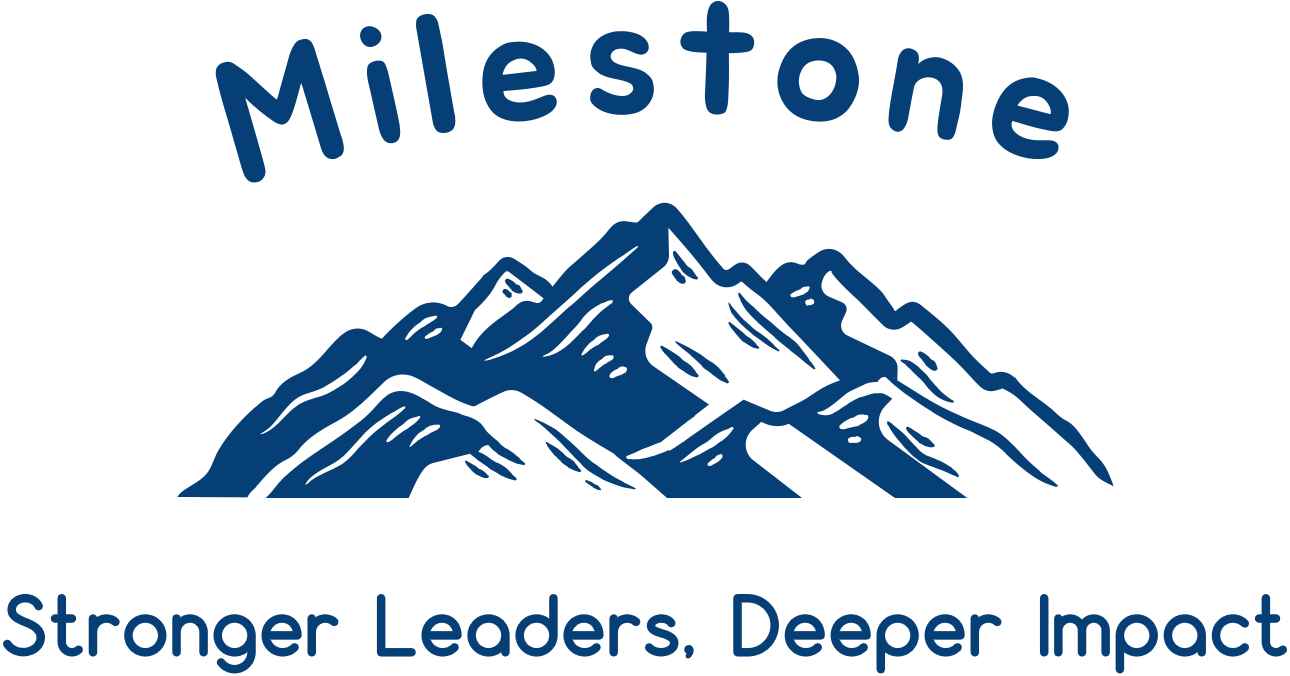AI Isn’t Magic
It’s All About the People Behind the Tech
Like most mornings, this morning, I spent time reading while I sipped my first couple of cups of coffee. And like most mornings over the last few weeks, since BC5 (i.e. the launch of the less-than-successful ChatGPT 5.0), it’s hard to avoid the “news” about how the value of AI is overstated or AI companies are over-valued. It’s also hard not to draw parallels between the AI Tech Revolution and the Internet (aka DotCOM) Tech Revolution, where a friend of mine left out company to take a job as the new EVP of Marketing at Cakes.com, whose mission it was to “Revolutionize the Custom Cake Industry”. (huh?!?!)
But then I remembered that my colleague Yuechen Zhao recently posted on LinkedIn, and he pointed out something important. For every one of those amazing AI success stories, tons of other AI projects have completely stalled or failed to deliver the intended value.
Of course… AI isn't magic. It's a powerful tool, sure, but it can only help a business or a project that already has its act together.
Why AI Projects Fail (And it's Not the Code!)
You might think an AI project fails because of a technical problem, but research shows it's usually not the case. Like most non-AI technology projects, AI projects fail a lot. A staggering 70-85% of AI projects fail because of business and leadership issues, not technical issues.
Fixing the Wrong Problem: A lot of projects start with an idea like, "I know, let's use AI!" instead of asking, "What problems do our customers actually have?” followed by, “If/how can AI help us solve those?". Now, I wasn’t in the room when this decision was made, but I am havign a hard time undersstand what problem Taco Bell Was trying to solve with this AI project. (Taco Bell rethinks AI drive-through after man orders 18,000 waters) If you don't have a clear problem to solve, even a super-smart AI project ends up being useless.
Its Only as Good as the Data: AI models are only as good as the data you feed them. A lack of high-quality data is one of the biggest reasons for failure. A survey cited by NTT DATA showed that over 92% of executives see data as the single biggest roadblock to success.
The Pilot Project Problem: Many AI projects look great in a small, controlled test. The real challenge is making the jump from that tiny pilot to a big, real-world product. In addition to scaling challenges, security, privacy, and often compliance separate pilots from production projects.
A Human-Powered Playbook
So what separates successful AI projects? It's often a relentless focus on the fundamentals of running a business. As a recent article from ZDNET pointed out, the most successful companies are winning by focusing on these core human ingredients:
Focus on Customer Value: The best AI projects solve real customer problems. They create value you can actually measure, whether it's through making things more efficient or giving customers a better experience.
Leadership and Team Excellence: You can't just throw AI at a problem and expect it to fix everything. Successful projects likely have an amazing team led by the amazing leaders. These leaders know how to turn a technology into a product and create a culture that understands the demands of turning a pilot into a product. The lack of leadership is a huge point, and it’s making headlines. A recent WIRED article reported that top AI researchers are already leaving Meta's new lab, citing a lack of mission alignment and a chaotic work environment. You can't buy a great team, you have to lead one!
There is a profound irony with AI projects. Many companies see AI as a way to cut costs by laying people off. But as these failed projects show, they're getting rid of the experts who are essential for a successful AI project in the first place. Of course, AI can make operations more efficient by requiring less time or improving quality or both, but humans are still required to define the problem, evaluate the solution and scale from pilot to product.
Want to Read More?
"Why Most AI Projects Fail" by PMI - https://www.pmi.org/blog/why-most-ai-projects-fail
"The Root Causes of Failure for Artificial Intelligence Projects and How They Can Succeed" by RAND Corporation - https://www.rand.org/pubs/research_reports/RRA2680-1.html
"How AI agents can eliminate waste in your business" by ZDNET - https://www.zdnet.com/article/how-ai-agents-can-eliminate-waste-in-your-business-and-why-thats-smarter-than-cutting-costs/
"AI-powered success—with more than 1,000 stories of customer transformation and innovation" by Microsoft - https://www.microsoft.com/en-us/microsoft-cloud/blog/2025/07/24/ai-powered-success-with-1000-stories-of-customer-transformation-and-innovation/
"Researchers Are Already Leaving Meta’s New Superintelligence Lab" by WIRED - https://www.wired.com/story/researchers-leave-meta-superintelligence-labs-openai/
Ultimately, AI is a powerful tool, but it's not a shortcut to success. The companies that will succeed in the long run are the ones that have more than just a great idea, they have the leadership and operational excellence to turn it into a resilient business!
